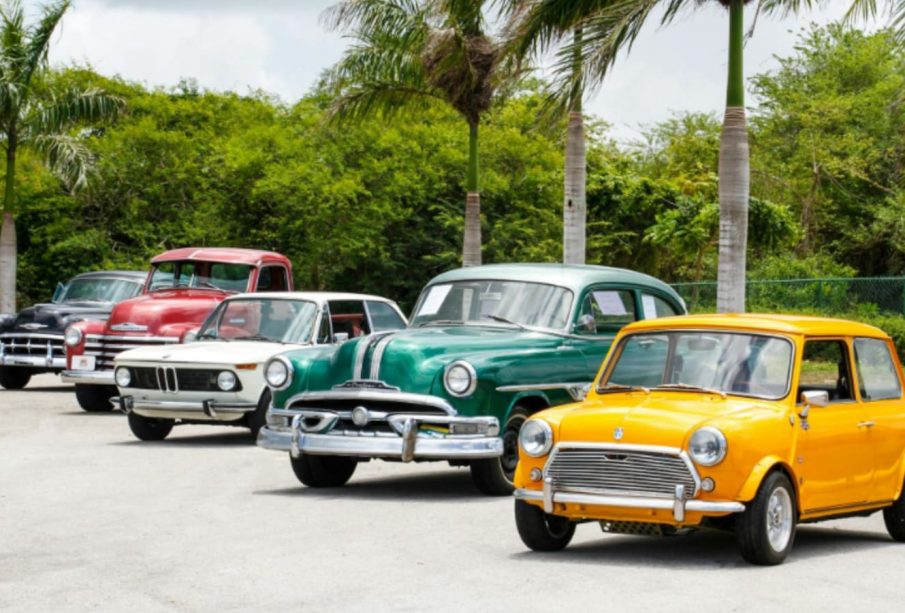Key Changes to DVLA Classic Car Registration in the UK

Introduction
The classic car community in the UK has recently faced significant changes regarding vehicle registration, spearheaded by the Driver and Vehicle Licensing Agency (DVLA). Understanding these modifications is crucial for collectors, enthusiasts, and everyday drivers who cherish vintage vehicles, as they can impact ownership rights, vehicle roadworthiness, and compliance with legislation.
Details of the Changes
In August 2023, the DVLA introduced new guidelines aimed at streamlining the registration process for classic cars, particularly those over 40 years old. These changes have been motivated by the increasing number of enthusiasts restoring classic vehicles, which has led to an uptick in registration applications. The DVLA’s new policies focus on simplifying how historical status is granted, making it easier for owners to demonstrate their vehicle’s age and provenance.
Key updates include:
- Automatic Historic Vehicle Status: Vehicles that were manufactured more than 40 years ago from the date of first registration will automatically be classified as historic. This change eliminates the need for owners to apply for a separate status, significantly reducing the paperwork involved.
- Emissions Testing Exemption: Classic cars registered as historic will benefit from an exemption from emissions testing, acknowledging the unique status of older vehicles that were designed before stringent modern regulations.
- Flexible Submission of Information: Owners seeking to register vehicles that have undergone modifications or restoration can now submit details online, helping streamline the approval process.
The Impact of the Changes
The response from the classic car community has been largely positive, with many expressing relief at the eased registration process. This policy is expected to encourage more enthusiasts to restore and maintain classic vehicles that might otherwise have been sidelined due to bureaucratic hurdles. Experts predict a resurgence in classic car ownership and club memberships, thus revitalizing the market.
However, concerns have been raised regarding the enforcement of authenticity and prevention of fraud, with some advocating for additional checks to ensure eligibility for historic status.
Conclusion
The recent DVLA classic car registration changes stand to benefit both collectors and enthusiasts significantly, enhancing accessibility while promoting preservation of automotive heritage. As the classic car landscape evolves, owners must stay informed of these changes to capitalise on the benefits, ensuring compliance while enjoying their restored treasures. This shift marks an exciting time for the classic car community, poised for growth and greater appreciation in the coming years.









